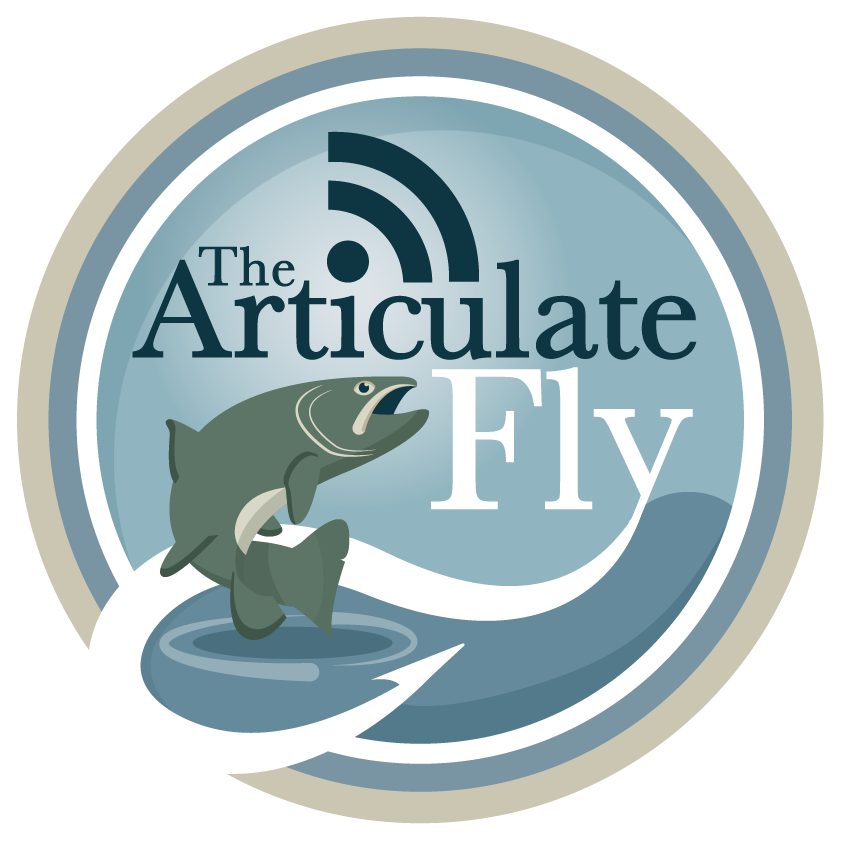Up Your Game with a Basic Understanding of Trout Food
Now that we have a basic understanding of trout behavior and requirements, we can apply a similar analysis to the insects and other organisms that make up a trout’s diet. By focusing on the intersection of trout and their forage, we can significantly increase the odds in our favor, because we have a deeper understanding of when, where and how to target trout. [Dave Whitlock’s Guide to Aquatic Trout Foods is an excellent resource offering detailed information on major food types and suggested imitations. For a deeper dive, check out Ernie Schwiebert’s Nymphs (Volume I) and Nymphs (Volume II).] Just like trout, there are seasonal aspects to food behavior. For instance, for insects (like mayflies) that hatch multiple times in a season, each successive generation is smaller than the one before it. So, if you are fishing late in the season, you should select a smaller fly to imitate the targeted insect species.
For our purposes, insects fall into five broad categories, mayflies, caddisflies, stoneflies, midges and terrestrials. Adult mayflies are identifiable by their long, slender bodies, long tails and upright wings. On the other hand, adult caddisflies have a moth-like appearance, and their wings are folded against their bodies. Stoneflies require excellent water quality, and their presence is an indicator of a healthy ecosystem. They are clumsy fliers and, unlike mayflies, have a pair wings that rest flat against their bodies. Midges are extremely small and resemble mosquitoes. Terrestrials are a grab bag of land-dwelling insects such as crickets, grasshoppers, moths, beetles and ants. They simply have had the misfortune of falling, or having been blown, into the water. Just like trout, the members of each of these categories have distinctive requirements and behaviors. With just a basic knowledge of these differences, we can significantly improve our fishing odds. Remember 10% of the fishermen catch 90% of the fish! In subsequent posts, we will work through each category in greater detail.
At The Articulate Fly, we love questions! Please post a comment or send us your question. You can also message us on Facebook or Twitter.




